The price of live pigs continued to decrease by 1,000 - 2,000 VND/kg in all three regions this morning. Currently, live pigs nationwide are being purchased at 62,000 - 66,000 VND/kg.
Pig price today July 18 in the North
On the morning of July 18, the price of live pigs in many northern provinces and cities continued to decrease, fluctuating from 1,000 to 2,000 VND/kg. Specifically, the price of live pigs in Dien Bien decreased by 2,000 VND/kg, down to 63,000 VND/kg.
In addition, localities such as Cao Bang , Lang Son, Quang Ninh, Ninh Binh and Son La all reduced the price by 1,000 VND/kg, bringing the price of live pigs to 64,000 VND/kg; Lai Chau is currently at 63,000 VND/kg; Hai Phong buys at 65,000 VND/kg.
Currently, traders in the Northern region buy live pigs at a common price of 63,000 to 65,000 VND/kg.
Pig price today, July 18, 2025 in the North (Source: Danang Newspaper)
Pig price today July 18 in Central Highlands
This morning, the live hog market in the Central Highlands continued its downward trend. Specifically, live hogs in Quang Tri and Hue, after a price reduction, are now being purchased at 62,000 VND/kg; while those in Nghe An, Da Nang, Quang Ngai and Khanh Hoa have dropped to 63,000 VND/kg.
According to the latest survey, the price of live pigs in the Central Highlands region currently fluctuates between 62,000 and 66,000 VND/kg.
Pig price today, July 18, 2025 in the Central Highlands (Source: Danang Newspaper)
Pig price today July 18 in the South
Similar to the two regions in the North and the Central Highlands, the price of live pigs in the Southern market also continued to decrease this morning. After decreasing by 1,000 VND/kg, live pigs in Ho Chi Minh City, Dong Thap and An Giang all dropped to 65,000 VND/kg; meanwhile, Can Tho and Ca Mau kept the price at 66,000 VND/kg.
Currently, the price of live pigs in the Southern region fluctuates between 65,000 and 66,000 VND/kg.
Pig price today, July 18, 2025 in the South (Source: Danang Newspaper)
8 special working groups to combat African swine fever in Phu Tho were established.
African swine fever has appeared in 21 communes in Phu Tho province, according to a report on July 16 from the provincial Department of Agriculture and Environment. The epidemic situation is complicated, with a total of 168 households having pigs infected with the disease; the number of sick, dead and culled pigs is up to 1,081, equivalent to more than 59 tons.
Faced with this situation, the Department of Agriculture and Environment of Phu Tho province has issued many documents directing the synchronous implementation of epidemic prevention measures. At the same time, the unit has also registered the need for disinfectant chemicals to serve epidemic prevention work.
In addition, 8 local working groups have been established to receive information about the epidemic from communes and wards. Veterinary forces from the provincial to grassroots levels regularly inspect, monitor, detect early and coordinate to guide the handling of outbreaks. Sampling and testing are also carried out promptly.
168 liters of disinfectant chemicals have been distributed to communes to fight the epidemic. Authorities have also handled 5 cases of violations of regulations on illegal transportation and slaughter of pigs, and destroyed 231 pigs with a total weight of nearly 20 tons.
African swine fever is forecast to continue to arise and spread, especially in small-scale farms that do not apply biosecurity measures.
For effective prevention, the Department of Agriculture and Environment recommends that people develop livestock farming of other types of livestock such as buffalo, cows, goats, and poultry; only re-herd pigs when ensuring disease safety conditions and strictly implementing isolation and biosecurity measures; and at the same time, declare livestock farming according to regulations.
People and livestock facilities need to strictly follow the 5 no's: no hiding epidemics; no buying, selling, or transporting sick or dead pigs; no slaughtering or consuming sick or dead pigs; no dumping dead pigs into the environment; and no using untreated leftover food to feed pigs.
The People's Committees of communes and wards are directed to closely coordinate with relevant authorities and departments to strictly control pig breeding, trading, transportation and slaughtering activities; strictly handle violations; strengthen monitoring and early detection of epidemics to prevent the disease from spreading widely in the area.
Source: https://baodanang.vn/gia-heo-hoi-hom-nay-18-7-con-bao-gia-chua-dut-3-mien-do-lua-3297147.html


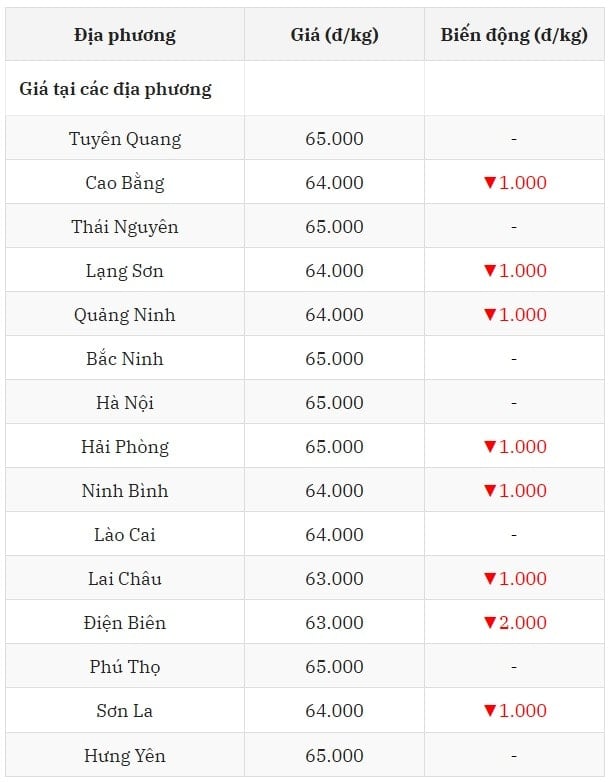
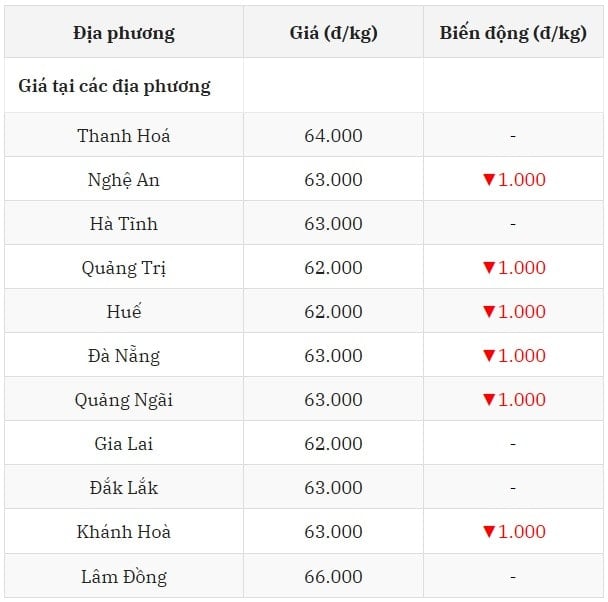
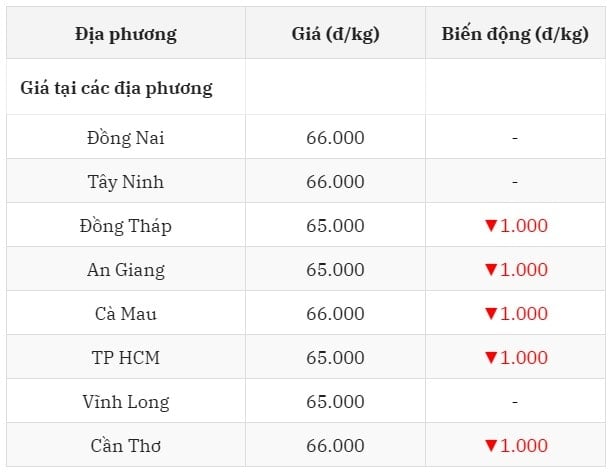
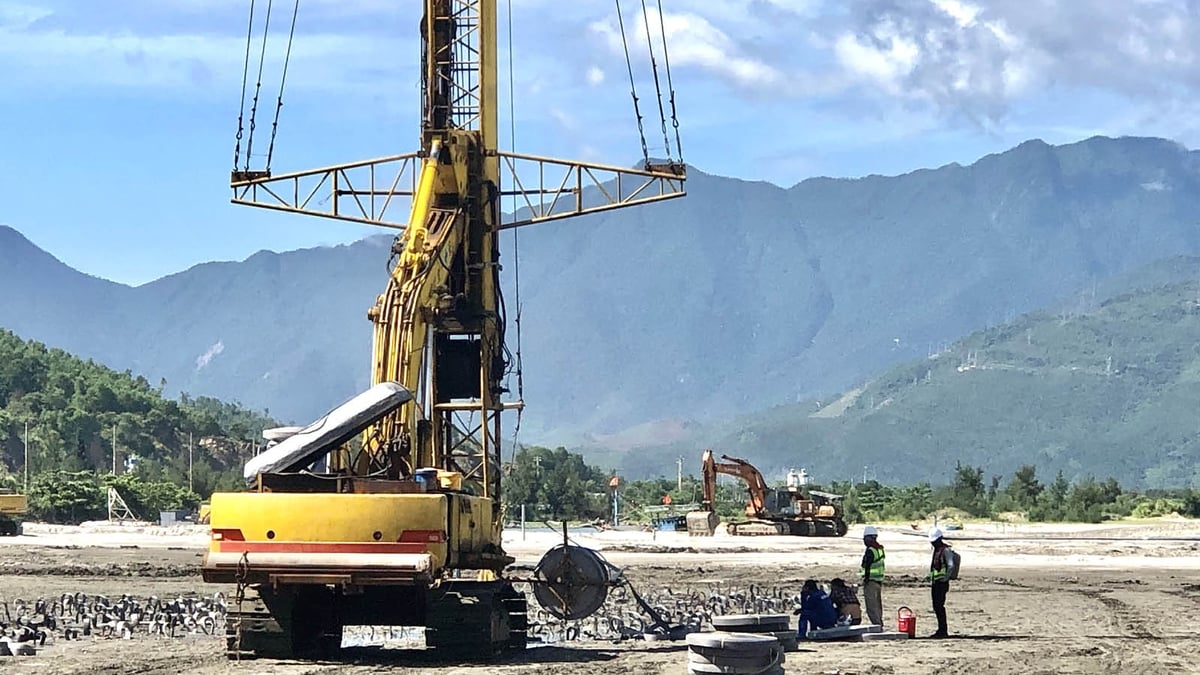


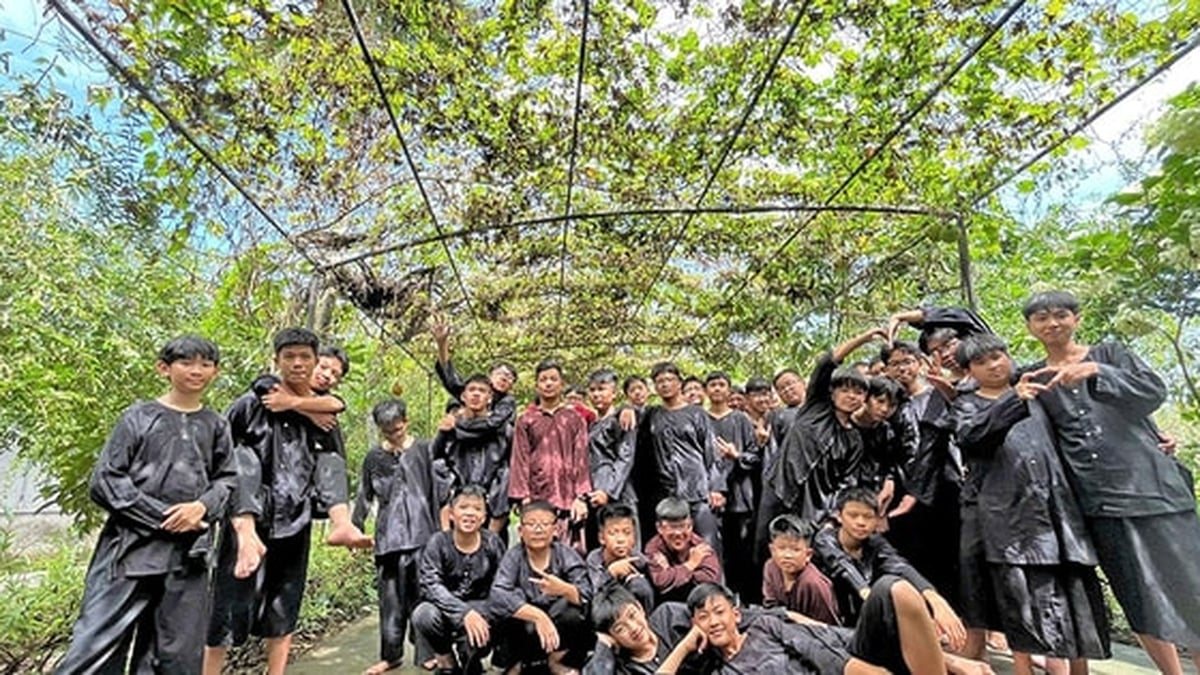
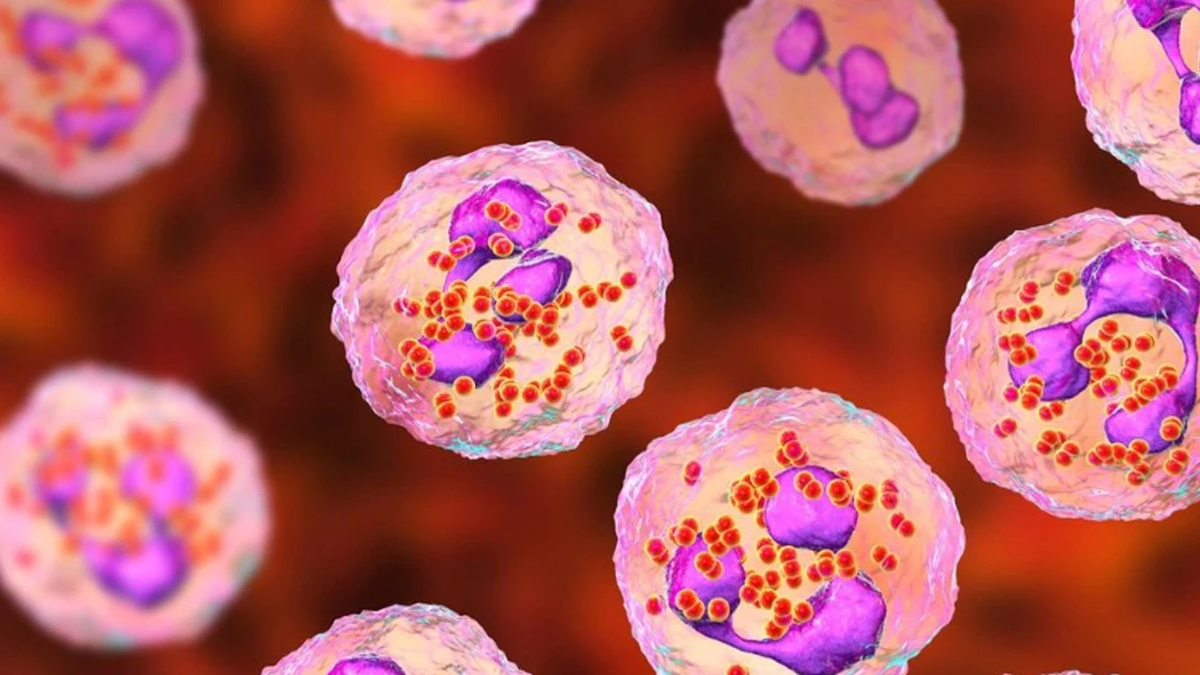


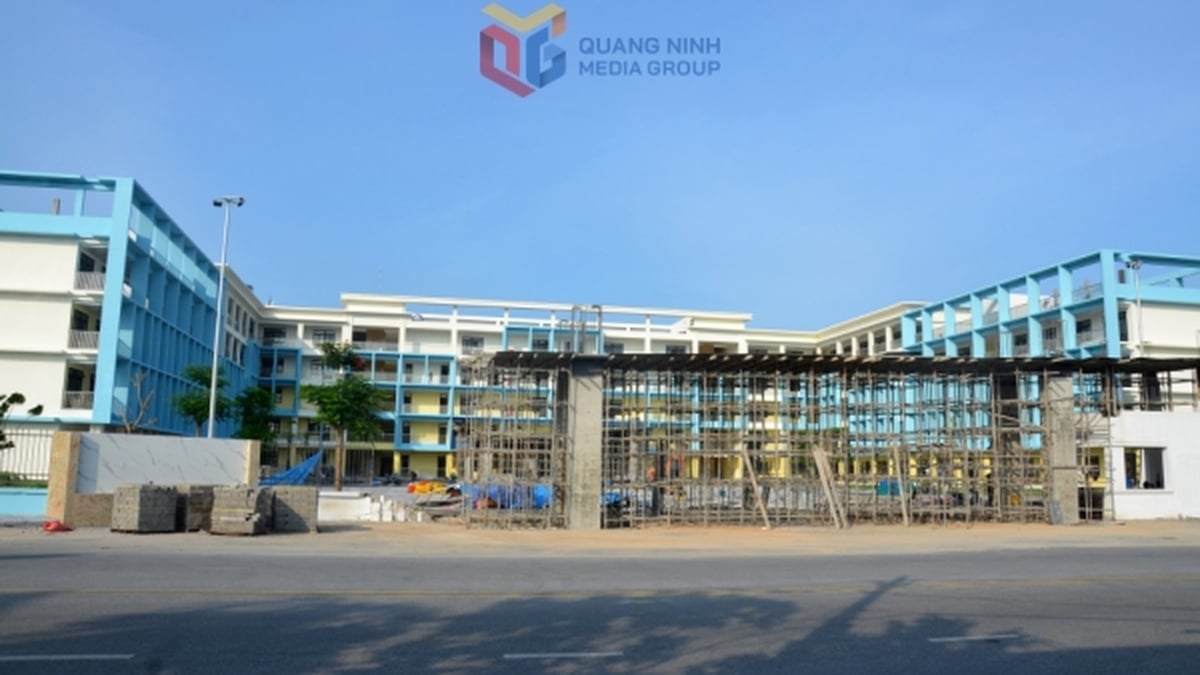
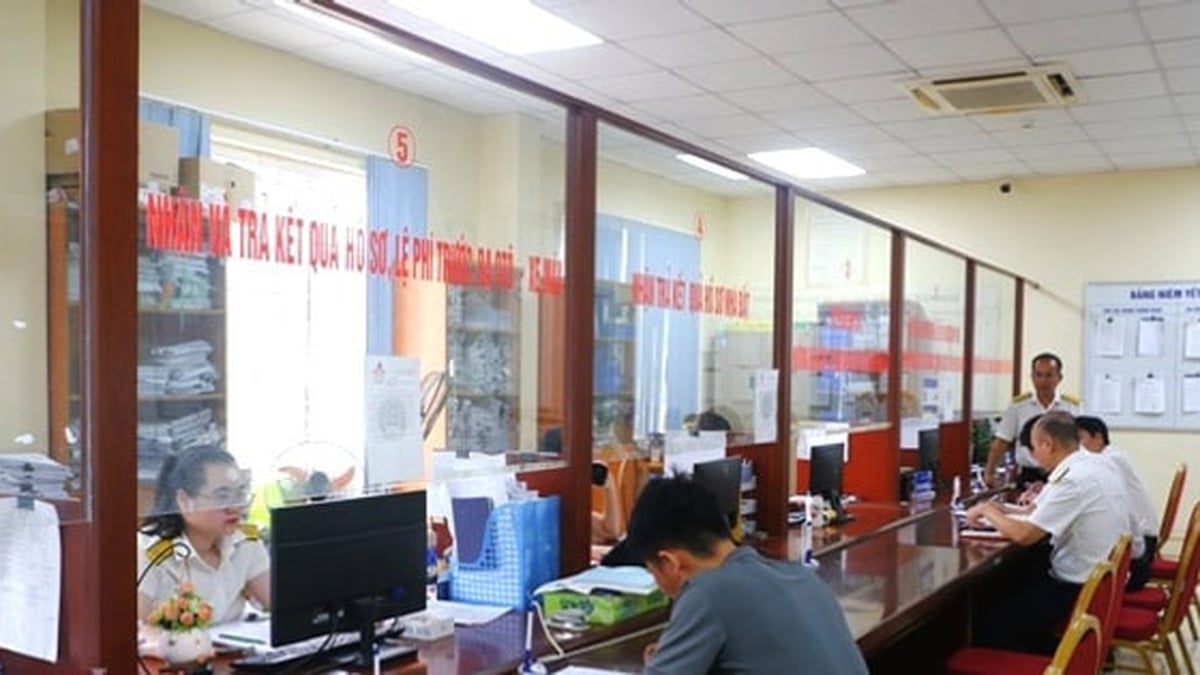



















































































![[Infographic] In 2025, 47 products will achieve national OCOP](https://vphoto.vietnam.vn/thumb/402x226/vietnam/resource/IMAGE/2025/7/16/5d672398b0744db3ab920e05db8e5b7d)





Comment (0)